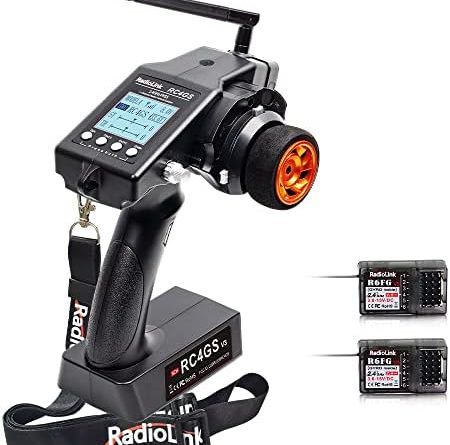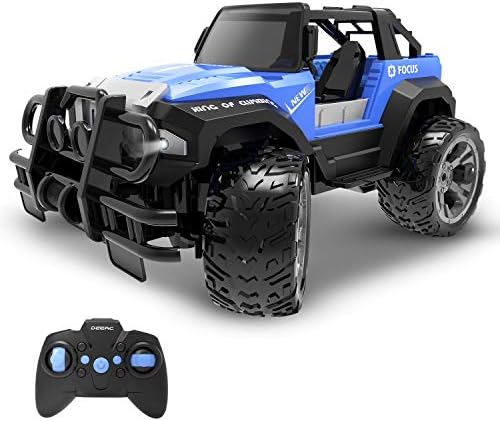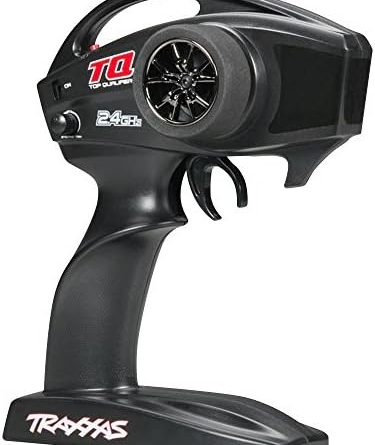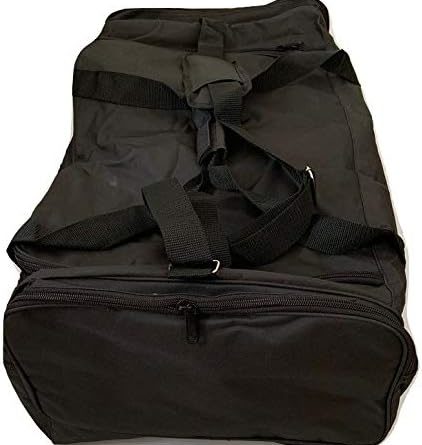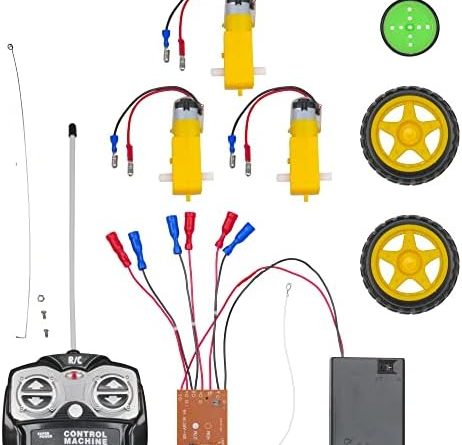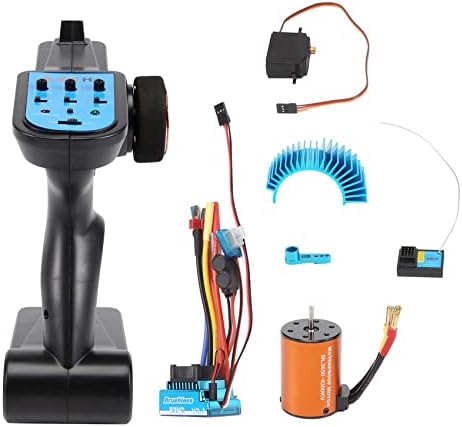






RC Car Impact Driver Bits: The Ultimate Guide
As an avid RC car enthusiast, you know that the right tools can make a huge difference in your hobby. One essential tool you need is an impact driver bit. These bits ensure that you can easily attach and detach RC car parts without causing any damage, allowing you to make quick changes and adjustments. With so many brands and types of impact driver bits available, it’s easy to become overwhelmed. In this guide, we will provide you with all the information you need to choose the perfect RC car impact driver bit that suits your needs.
What are Impact Driver Bits?
An impact driver bit is a tool designed to withstand high torque and impact. These bits are usually made of high-quality materials such as steel alloys to make them strong and durable. Impact driver bits have a hexagonal shank that fits into the chuck of the driver, providing a secure grip. These tools are ideal for RC cars because you can easily install and remove parts without risking damage. RC car enthusiasts use impact driver bits for a range of tasks such as assembling a new kit, upgrading components or repairing damage.
Types of RC Car Impact Driver Bits
There are many types of impact driver bits available for RC cars, but the most common ones are hex bits and ball-end bits. Hex bits have a straight shank with a hexagonal shape that fits snugly into the chuck. Ball-end bits have a round tip that allows them to move at an angle, making them ideal for hard-to-reach areas. Other types of impact driver bits include square and Torx bits. However, hex and ball-end bits remain the most popular choices among RC car enthusiasts because of their versatility.
Factors to Consider When Choosing an RC Car Impact Driver Bit
When choosing an impact driver bit, you need to consider various factors to ensure you choose the right one. Here are five crucial factors to consider when choosing an RC car impact driver bit:
1. Compatibility: Ensure that the bit fits your driver, as not all drivers are compatible with every bit.
2. Size: Consider the size of the bit and ensure it matches the size of the screw or bolt you plan to install or remove.
3. Material: Choose a bit made of high-quality materials that ensure its durability and longevity.
4. Shape: Consider the shape of the bit, as different shapes allow you to work in different areas, making it easier to access hard-to-reach areas.
5. Application: Ensure that the bit is suitable for the application you have in mind. For example, ball-end bits are ideal for curved surfaces.
FAQs:
1. Do I need to use an impact driver bit?
Yes, an impact driver bit is essential for RC car enthusiasts because it allows you to make quick and easy adjustments without risking damage to your car components.
2. How do I know which RC car impact driver bit to use?
You can choose an impact driver bit based on factors such as compatibility, size, material, shape, and application.
3. What is the difference between a hex bit and a ball-end bit?
A hex bit has a straight shank with a hexagonal shape that fits snugly into the chuck, while a ball-end bit has a round tip that allows it to move at an angle, making it ideal for hard-to-reach areas.
4. Are RC car impact driver bits compatible with all drivers?
No, not all drivers are compatible with every bit. Ensure that you choose a bit that fits your driver.
5. What is the most popular type of RC car impact driver bit?
The most popular types of impact driver bits for RC cars are hex and ball-end bits because of their versatility.
Conclusion
Choosing the right RC car impact driver bit is crucial for any RC car enthusiast. By considering factors such as compatibility, size, material, shape, and application, you can find an impact driver bit that suits your needs. Remember to choose a bit that fits your driver to avoid any compatibility issues. High-quality RC car impact driver bits can make a significant difference in the efficiency of your hobby, allowing you to make quick and easy adjustments to your car components without damaging them.
Price: $17.97
(as of Mar 16, 2023 08:40:43 UTC – Details)


